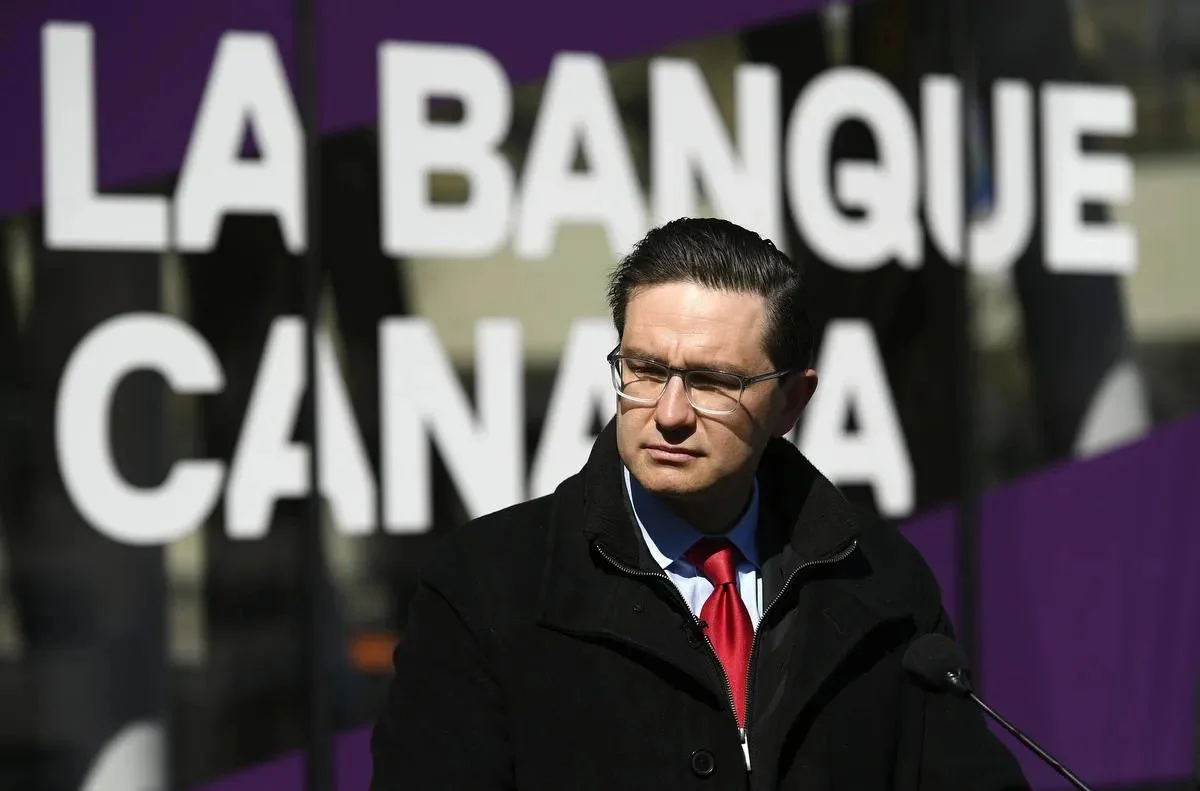Criticism of Conservative leader Pierre Poilievre has emerged due to his lack of detailed policy proposals for improving Canada if he were to become prime minister.
However, critics seem to overlook Poilievre’s primary argument: that simply replacing Justin Trudeau would inherently lead to better outcomes for Canada. Poilievre consistently attributes every national challenge and setback, no matter how minor or widespread, to Trudeau personally, spanning the entirety of Canada’s vast geography and even beyond its territorial waters.
From high food prices to immigration issues, from strained international relations to healthcare concerns, Poilievre places blame squarely on Trudeau’s shoulders. This blame game extends to situations where Poilievre actually aligns with Trudeau’s decisions, such as reinstating visa requirements for individuals from Mexico, which Poilievre criticizes despite initially agreeing with the move.
This relentless focus on blaming Trudeau, while lacking in substantive policy proposals, has proven effective for the Conservatives in polling. Despite the absence of concrete alternatives, Poilievre maintains a significant lead, banking on the notion that simply ousting Trudeau will lead to a turnaround in Canada’s fortunes.
While it may be deemed unproductive and even detrimental to political discourse, Poilievre’s strategy persists due to the absence of pressure from voters demanding alternative policies. The dearth of policy proposals from the opposition contributes to a breakdown in public trust in the political system, as healthy debate and exchange of ideas are overshadowed by personal attacks and negativity.
Although it’s still some time before an election, Poilievre’s singular focus on criticizing Trudeau rather than presenting constructive solutions risks further eroding faith in the political process. A robust democracy thrives on the clash of ideas, but with one side lacking substantive proposals, the discourse suffers.
Mark Bulgutch, former senior executive producer of CBC News, emphasizes the importance of a balanced exchange of ideas in his latest book, co-authored with Peter Mansbridge, titled “How Canada Works.”


















